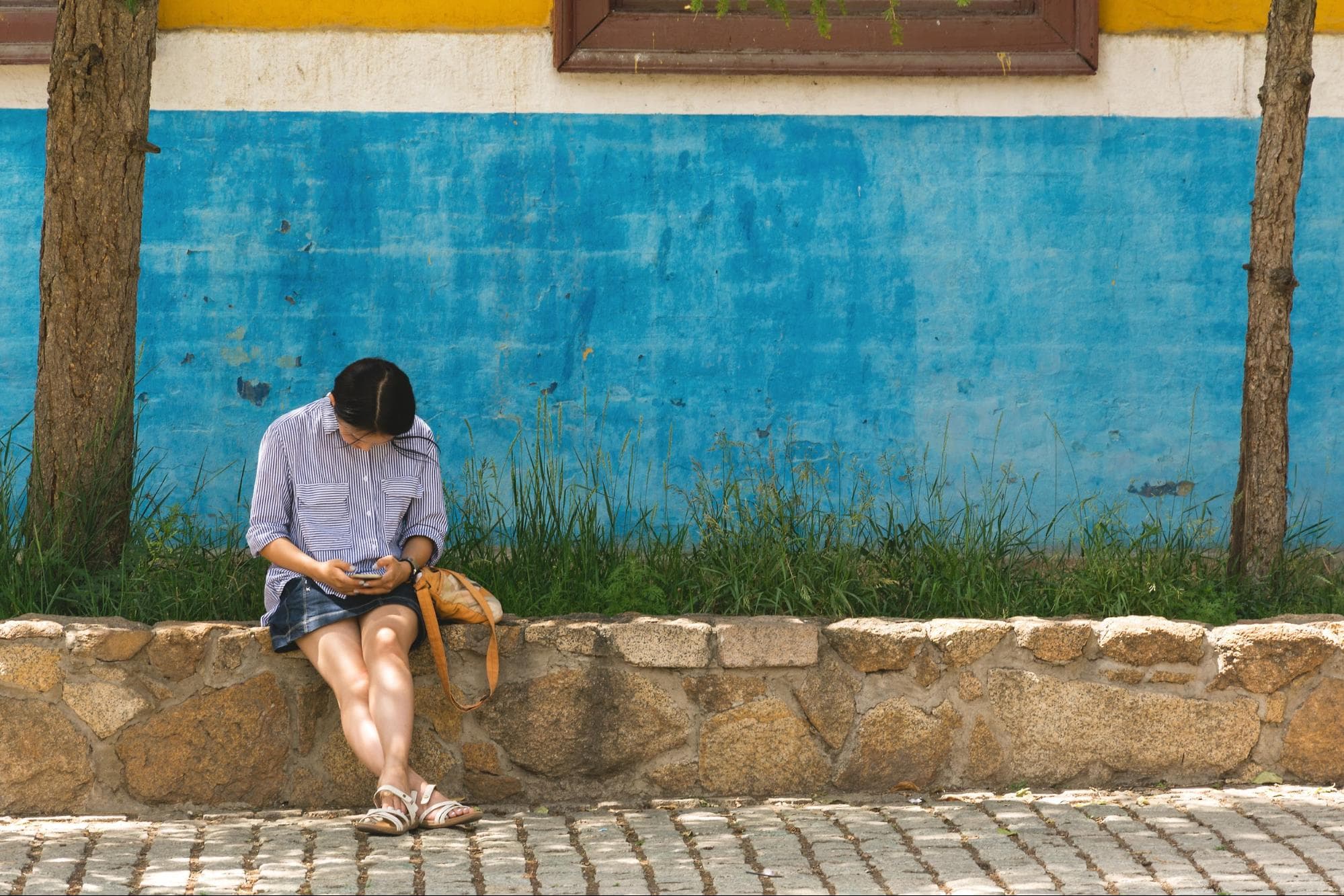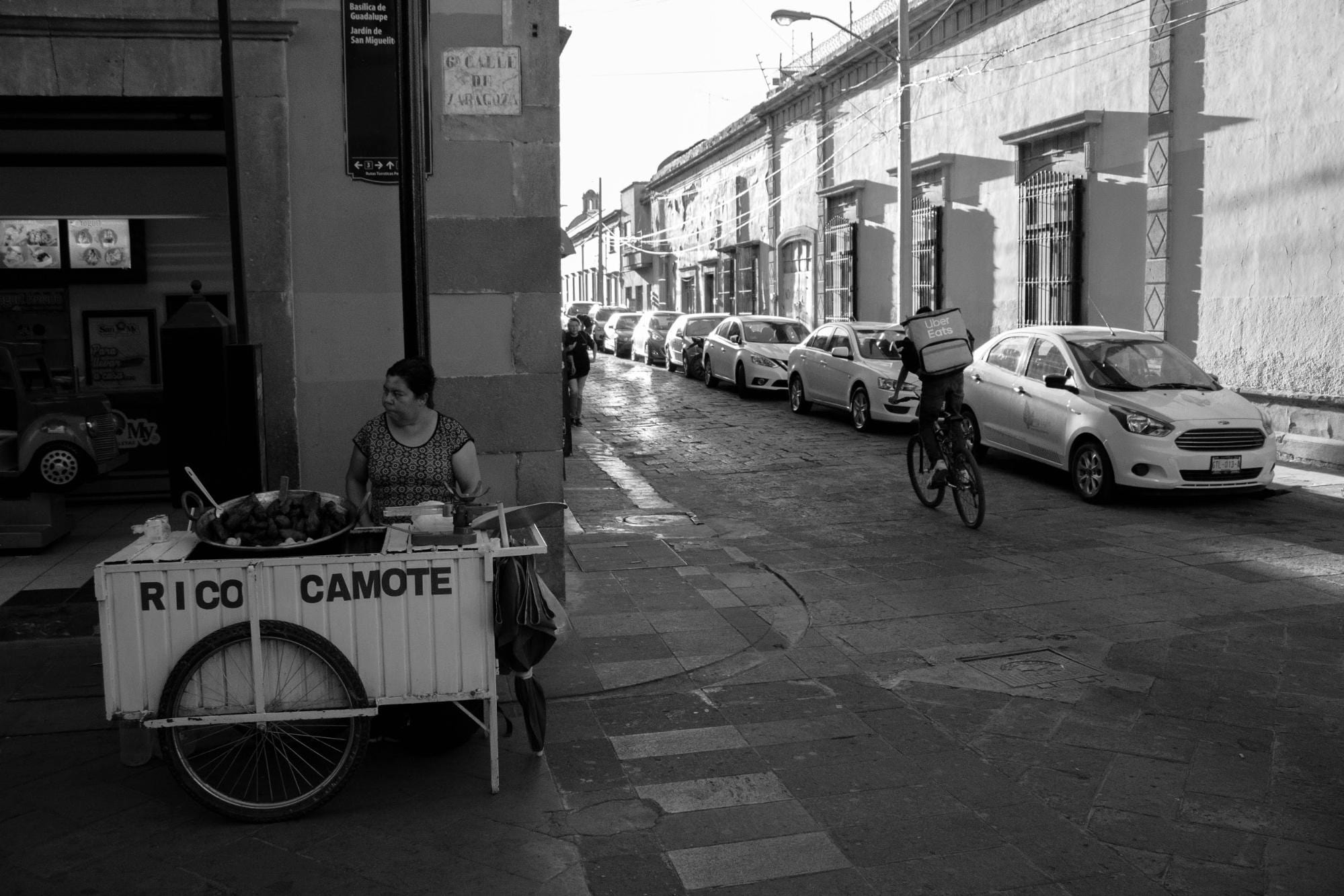
This is the first field diary entry from Paz, one of our Digital Identity Fellows. Her year-long research project is focused on unravelling what digital identity, and identity in general, means to the unemployed and under-employed individuals receiving support from public job centres and local labour NGOs in Gran Buenos Aires and Mar del Plata in Argentina.
***
What do you do when you’re job hunting? Do you go out into the streets and hand over your printed CV to anyone that wants it? Most likely, I presume, you do not. Instead, you probably decide to use the internet, and platforms like LinkedIn.
But I wonder, have you built different versions of yourself to appeal to different potential employers? Is there any specific information about yourself you highlighted or avoided mentioning (maybe the neighbourhood or city you live in)? Have you had to show an ID to prove who you are during the search? Have you actively curated your social media in order to portray yourself in certain ways you think work in your favor? Have you searched for advice in online forums, articles, or career coaching sites that drive home the importance of your online presence?

I have done almost all of that. I live offline, and I live online. During job hunts I have intentionally tracked my digital footprints so as to ‘curate’ my identity. But does everyone act the same? Does this behaviour depend on your socio-economic class, or where you live? I assume it does, to a large extent. And as a Yoti Digital Identity Fellow, I am digging into this very question in Argentina. My focus is the knowledge, lived experiences, and perceptions of vulnerable, under- and unemployed individuals who seek the help of local organizations (such as NGOs, public job centers and community groups).
Why the vulnerable under- and unemployed? Well, they are often considered to be a group most in need of expert-designed policies and technology. Their knowledge is also not often considered relevant to solve the kinds of technology or unemployment-related problems that affect them (or just about any big complex social problem). These assumptions are clearly misguided.
I will listen to and observe how they live online, who they are online, and how they change online. I will also explore the interplay between identity and identification for them, and what matters to them and what does not. And after the analysis, I will report back to them. There will be lots of reading too, and talks to researchers and decision makers, but the main source of knowledge will come from those very people living online and offline while looking for a job.
Identity
Overall, excluding the world “digital” (add ‘digital’ or ‘digitalization’ and things get a lot more complicated, so that’s for another blog), what do I understand of identity and identification? This article provides a concise definition: identity is understood as often implying “a kind of multidimensional social location of an individual relative to other people and institutions around him or her, as an intangible, always contested something an individual creates, or perhaps has, as a result of their interactions with other human beings and systems”.
Identification, on the other hand, often implies a process, or “a proof, a system, or a transaction involving a subject and an evaluator, centered around verifying a claim that a person is one person and not any other”. It is a process which “grants access and rights; it is the representation of the individual within/to an administrative system”.
And an ID often signifies a “tangible artifact — a document or element that supports a claim or signals that identification might be possible. ID doesn’t mean much without the identification systems behind it.”
The research – what and why
The main objective of my fellowship is to unravel what digital identity, and identity in general, means for under and unemployed individuals receiving support from public job centres and local NGOs (this includes community organizations, formal or informal). I will focus my research in two major cities in Argentina: Gran Buenos Aires and Mar del Plata, which is the city with the highest unemployment rate in the country.
 Photo: CC-BY-SA-4.0, Gonzalo Gonzalez
Photo: CC-BY-SA-4.0, Gonzalo Gonzalez
I made a number of assumptions at the start of my fellowship, and these are important to acknowledge as they provide an initial framework for the research (and which could well be proven wrong).
Assumptions
The first assumption is that people in search of jobs often interact with a wide range of organizations, and that digital tools or platforms increasingly mediate these interactions. The second is that the people behind the under- and unemployment statistics are agents rather consciously manoeuvering their identities, enhancing, modifying, or hiding parts of them. Looking for employment involves offering your identity, and includes repeated processing of a seeker’s identification. But for these groups – and this is my third assumption – the process of identity adapting/offering comes with added vulnerability. They move in a digital layer creating digital traces and footprints with little or no control over them, which might negatively affect their job opportunities. It is true we all experience this lack of control, but not in the same way. Vulnerable or marginalized people, those most likely to seek help from public job centres and NGOs, are badly hit by the rapid digitalization of the public space and economy. Because of this added vulnerability, the making and changing of their identities, and their identifications as representations, deserves attention.
Reporting back
I will use a mixture of qualitative research methods in the year ahead, including participatory observation and semi-structured interviews. Importantly, the third part of the process will involve reporting back the analysis and initial results to those interviewed, and then considering their feedback while producing the final reports and outputs. These final products – which will include blogs, radio/podcasts and videos – will be made in such a way that the research subjects and the general public will be able to read, see or listen to them. Presenting these outputs to the research subjects, organizations and the general public will constitute the final part of my fellowship.

Reporting back is important and relevant, and is the reason I applied to the Yoti Fellowship Programme in the first place. For the last few years, I have been committed to working towards the democratization of knowledge, technology, and science. Creating digital identity/identification systems that serve the needs (and respect the human rights) of those at the bottom requires the study of critical issues of inequality, power, and knowledge. The ability, for example, for people to provide conscious and real consent over the use of their identity requires them to ‘know’ what is at stake and feel confident enough to exercise their agency.
Next steps
I’m hopeful that this aspect of my work will also provide opportunities to discuss the need to change public and private sector top-down approaches to technology, which perpetuate dependence and inequality. In this sense, I expect this reporting to give us the chance to discuss our digital futures, resisting the idea there is only one possible future out there, and that there is nothing we can do about the way technology affects us.
If you have a question for Paz or are interested in her research, you can reach her here. For more information on the Digital Identity Fellowship, please head to our website.
